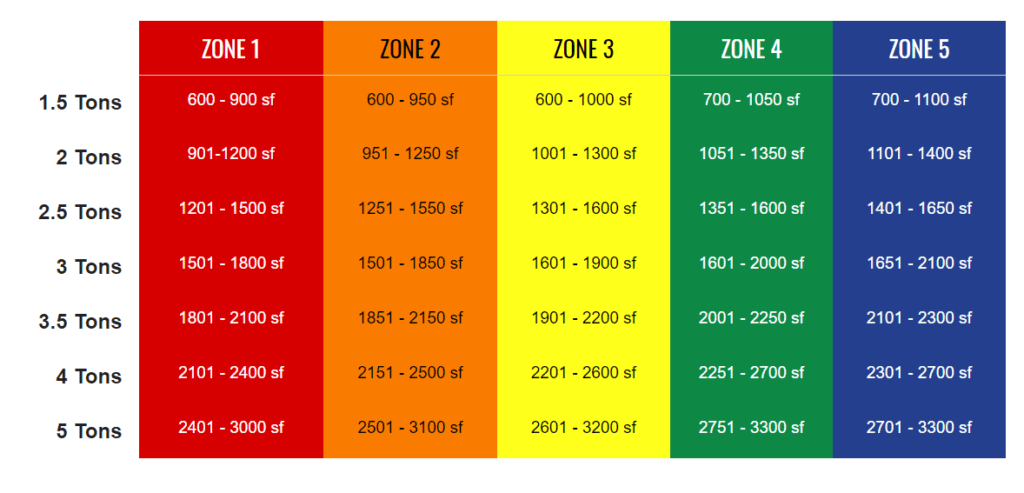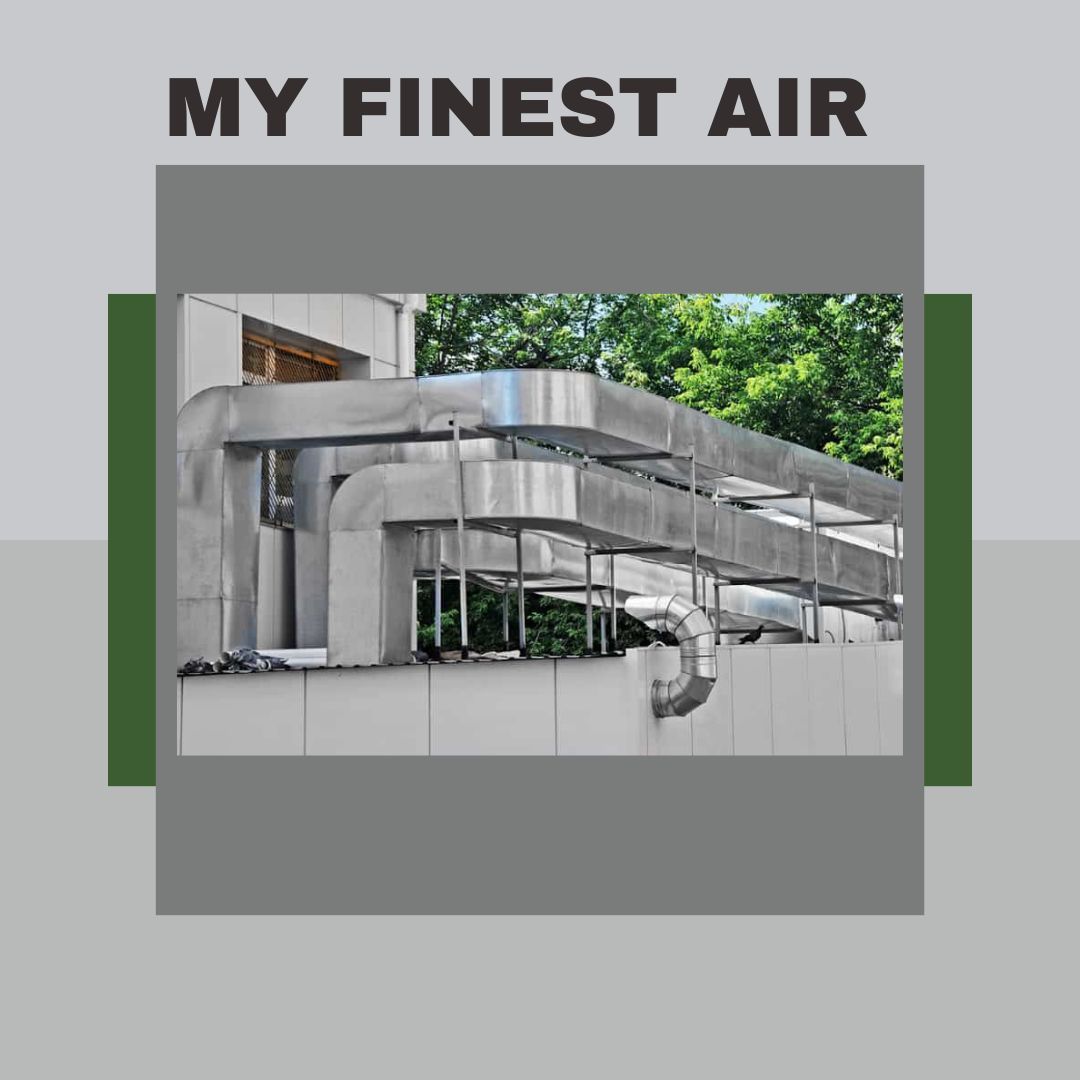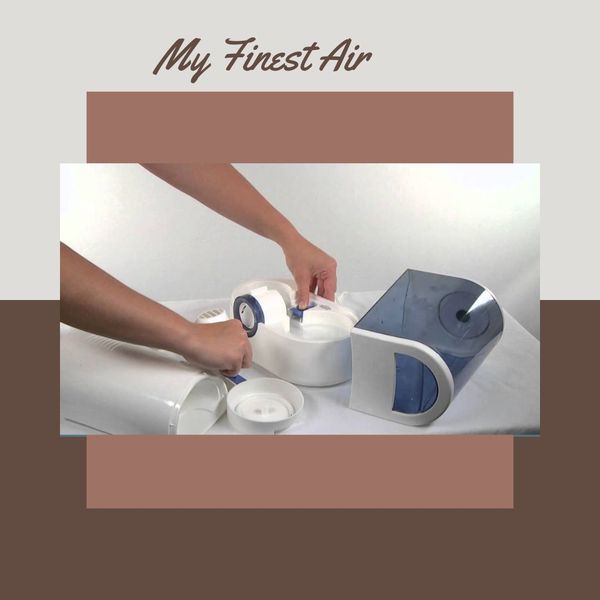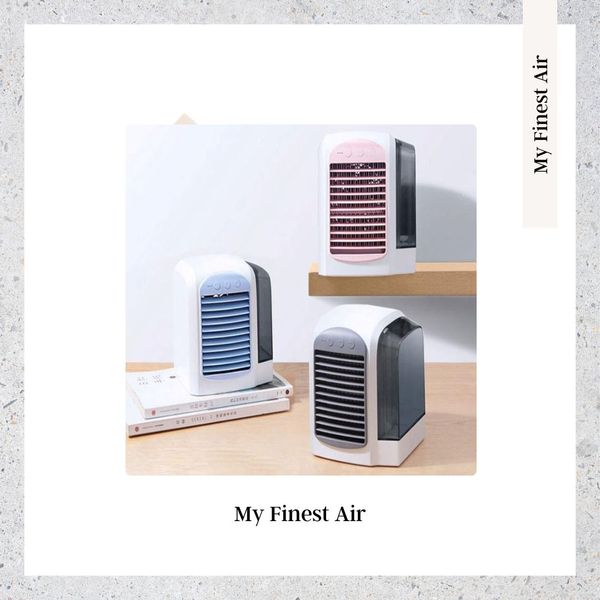Cities like Las Vegas are hot and require a proper air conditioning system to stand against the weather circumstances during summer. Before buying an AC, it is highly recommended to consider the size of your unit to save time, energy, and money.
In this article, we will teach you in detail how the professionals of HVAC systems recommend many square feet per ton of AC. The size of the AC is important to consider as it will cost you a lot of money otherwise.
How Many Square Feet Per Ton Of AC - Best AC Tonnage For You
Different air conditioning systems are available depending on their size, capacity, tonnage, and efficiency. Our research team consists of devoted individuals who work for long hours on the readers' behalf to extract the exact information regarding the available problem. Our purpose is to serve you with the best information available.

- If we measure the total area in square feet, a ton of AC will cover up to 600 sqft, equivalent to 12000 BTUs, where BTU stands for British Thermal Units.
- Another significant aspect is that you can easily calculate the square feet an AC can cool by multiplying your AC's tonnage by 600.
See Our Blog: Ac Vs Fan - Everything You Need To Know
Calculating An AC Tonnage
Manufacturers have made the calculation easy by giving us the formulas to calculate the values to get the desired information properly. Before going into the detailed discussion regarding the formula, let us first tell you that 1 ton to 12000 BTU conversion would be absolute. Still, otherwise, the square footage conversions are mere estimations.
The formula is explained below:
Knowing The Coverage Area
The calculation is all about formulas; once you get familiar with the formulas and learn their ethical implications, it will be easy for you to find out the values required. Consider the following formula:

Areas = BTU / 20
There are certain cases in which BTU is not known, and if you are dealing with such a case, we will recommend you use the cargo of your AC as follows:
Area = Tonnage * 600
Finding The Tonnage
You can easily find out the cargo of your AC by the same formula. All you need is to divide the area by 600 as follows:
Tonnage = Area / 600
Similarly, if you are well aware of the BTU of your system, then the tonnage of your AC can be found by the following formula:
Tonnage = BTU / 12000
Find Out The BTU
If you go through the above formula with a critical eye, you will be amazed to find out that by knowing the tonnage of your system, you can easily find out the BTU as follows:
BTU = Tonnage * 12000
In any other case, there is a need to know the area to find out the BTU as follows:
BTU = Area * 20
Reason To Measure The Tonnage
This notion is very important to understand as the AC of 1 ton cannot work for larger spaces like an area of 1000 square feet.
What If You Add Another AC To Meet The Required Tonnage
If you already have an AC that does not fulfill your requirements, then you can install another to meet the required tonnage. For example, if you have a 1-ton AC but need a 2-ton AC, you can solve this issue by installing another AC with a 1-ton cooling capacity. This solution is reliable and recommended.

Using An Oversized AC
An oversized AC can bring certain health hazards and rising electricity bills that should avoid. A bigger system can increase the airflow, which will oddly harm the body temperature and may lead to certain medical conditions. The following reasons are convincing enough to avoid using a large AC:
See The Guide: Car AC Going In And Out: let's Fix It
Health Risks
The increased airflow due to the oversized AC can bring you many unexpected and unwanted problems. The medical conditions that are concerned in this regard are given as follows:
- You may feel flu-like symptoms.
- It can cause you severe headaches.
- It can cause you to experience fatigue.
All these medical conditions result from sudden temperature change that harms your body's health.
Waste Of Energy
It is simple to comprehend that an oversized AC can cause higher electricity bills due to increased energy consumption. A bigger system can undoubtedly cool your room within no time, but the excess energy will be wasted and released to harm the natural ecosystem.
Electric Overflow
Using an oversized AC is highly discouraged as it can cause fire to burn when an electric overflow occurs. It is because the electric overflow can damage the motors of your conditioning system.
Make Your AC More Efficient
Air conditioning systems require proper maintenance to work at their full potential. There are certain ways to make your system more efficient. These ways are explained below:
- The air passage should be neat and clean for better output.
- It would be best if you kept your AC vents clean.
- Yes, a vacuum cleaner can clean the air passages and vents.
Final Thoughts
In conclusion, we can sum up the whole discussion by saying that AC tonnage is the capacity of the conditioner to cool a specific space of an area measured in square feet.
There are different solutions to this problem. You can use multiple smaller units to satisfy your comfort level requirements. But avoid using a large system as it can bring you health hazards and high electricity bills.
The formulas to calculate the area covered by your AC are cited above. By using the formulas, you can easily calculate the desired values.









